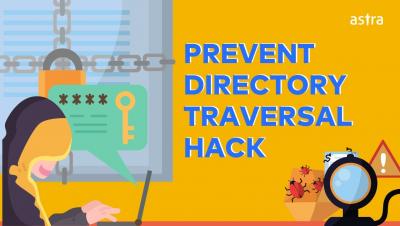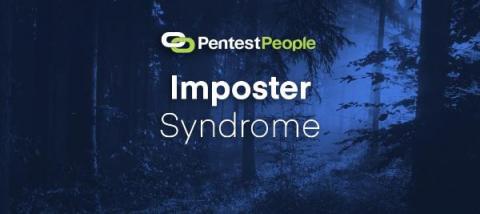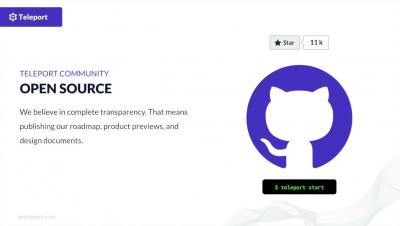Security | Threat Detection | Cyberattacks | DevSecOps | Compliance
Security
Avoiding Scams and Fraud for Older Adults
Imposter Syndrome
An industry with a vast amount of disciplines and specialisations is likely to make newcomers apprehensive when starting. An individual may consider the many paths they wish to walk down and become encumbered with feelings of fear and doubt in their abilities. This is a position that many cyber-security professionals are likely to find themselves in.
Hacking 101: What is social engineering?
For the average person, “traditional hacking” isn’t really an ever-present threat. It’s unlikely that a hacker will ever try to track you down, steal one of your devices, and bypass whatever you’ve set up to protect your personal data. Social engineering, on the other hand, is an increasingly common security threat that you’ve probably encountered many, many times before.
How Badges Helps You Put Your Security Score Front and Center
With the release of our new Badges feature, you can add a “Seal of Trust” to your website so your partners can easily see a snapshot of your security health.
Top Cyber Attacks of January 2022
How to Protect Cloud Workloads from Zero-day Vulnerabilities
Protecting cloud workloads from zero-day vulnerabilities like Log4Shell is a challenge that every organization faces. When a vulnerability is published, organizations can try to identify impacted artifacts through software composition analysis, but even if they’re able to identify all impacted areas, the patching process can be cumbersome and time-consuming. As we saw with Log4Shell, this can become even more complicated when the vulnerability is nearly ubiquitous.
Log4Shell remediation with Snyk by the numbers
We’re almost two months from the disclosure of Log4Shell, and we here at Snyk couldn’t be more excited with the role we’ve gotten to play in finding and fixing this critical vulnerability that’s impacted so many Java shops. For starters, we’ve been able to help our customers remediate Log4Shell 100x faster than the industry average! How have we been able to achieve that?
Weekly Cyber Security News 04/02/2022
A selection of this week’s more interesting vulnerability disclosures and cyber security news. For a daily selection see our twitter feed at #ionCube24. Something that always surprises me that still happens…. You put something on the Internet and don’t secure it, you do know what is going to happen right? Evidently people still think no one will find them.











